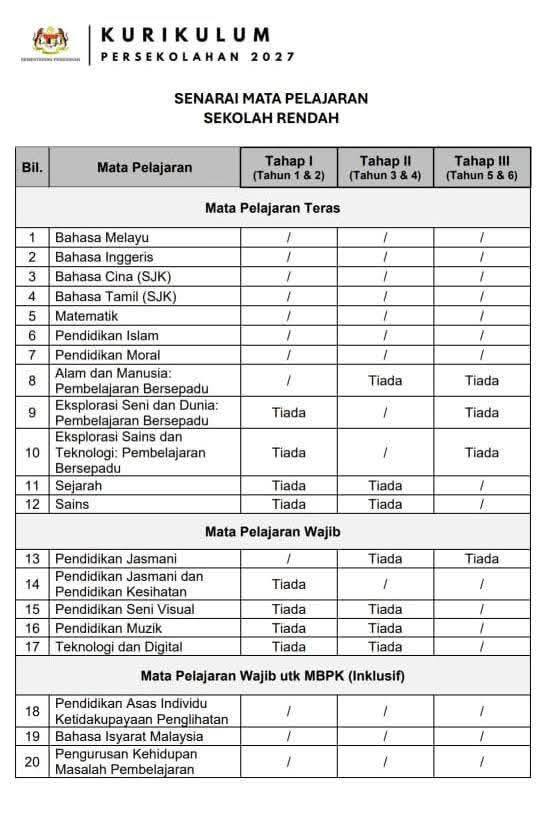Malaysia’s upcoming 2027 primary school syllabus is set to introduce some interesting changes, with the addition of sign language as a new subject option.
According to the new list, students from Standard 1 to 6 will be able to take up sign language as an additional subject. The move is seen as a step towards greater inclusivity, giving all students the chance to communicate more easily, including those with hearing or speech impairments who often feel left out in conversations with their peers.

Why is sign language (BIM) important
By learning sign language, we can communicate more effectively, ensuring that no one gets left behind. It can help nurture friendships and bridge communication gaps, especially for children with additional needs, making social interactions smoother, more enjoyable, and inclusive.
Malay Mail shared that learning sign language can open doors to future employment. Many companies need staff who can communicate with deaf or hard-of-hearing clients, and having this skill gives you an advantage in fields like education, interpreting, social work, counselling, and more.

Beyond being a communication tool, sign language is a unique language with its own syntax, vocabulary, and cultural depth. Picking it up not only helps us connect with the deaf community but also allows us to appreciate diversity, break down stereotypes, and build stronger bonds across different languages and cultures.
Overall, the idea of learning sign language in schools has been warmly welcomed online, with many praising the effort to make classrooms more inclusive.



Follow Wah Piang for more.




